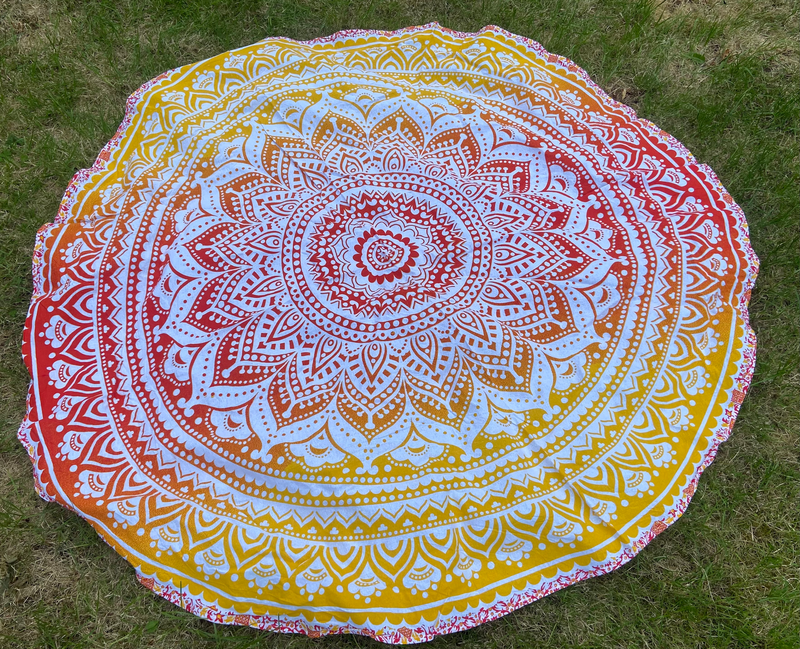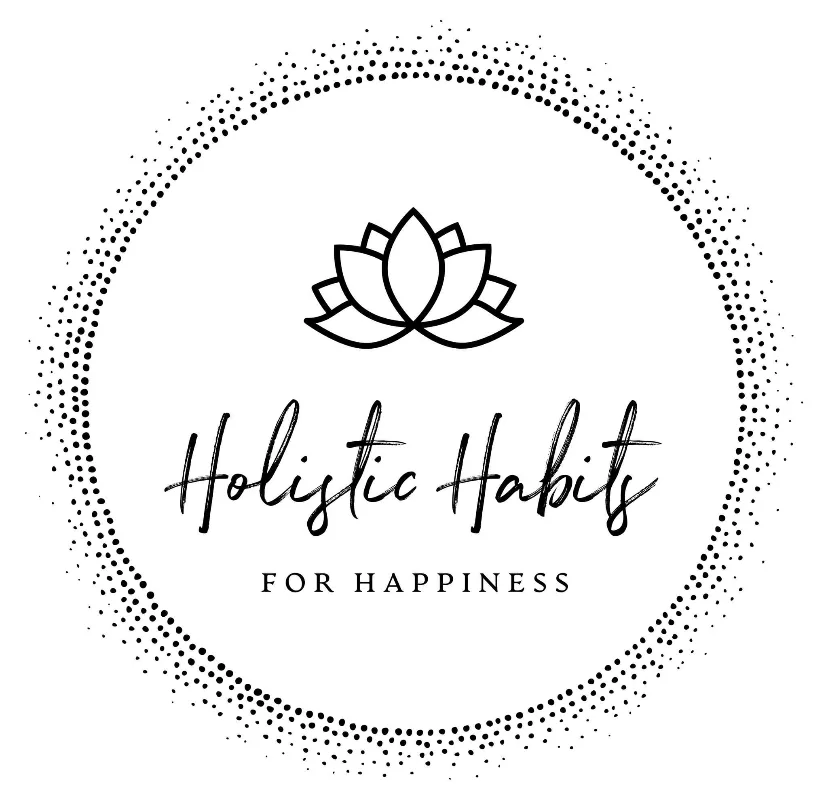This article walks you through what the vagus nerve is and includes videos on how to activate the vagus nerve to unlock its positive impacts on your physical and emotional well-being.
What is The Vagus Nerve
It’s the longest cranial nerve in the body and plays a crucial role in the parasympathetic nervous system, It is responsible for regulating various bodily functions, including heart rate, digestion, respiratory rate, and even emotional responses.
Things That Can Affect Vagus Nerve Stimulation
Alcohol
Dependent on the amount of alcohol you consume and individual factors your vagus nerve could be impacted in different ways. For example if you consume a low to moderate amount of alcohol this could result in increased vagal activity. This would result in a decrease in heart rate and blood pressure.
Excessive alcohol consumption or chronic alcohol abuse could lead to impaired vagal function. This would lead to a decrease in parasympathetic activity and cause an imbalance in the autonomic nervous system creating symptoms such as an increased heart rate, elevated blood pressure, and disrupted digestion.
Alcohol can also cause irritation to the gastrointestinal tract, leading to inflammation and further issues like acid reflux, stomach ulcers, or gastrointestinal disorders.
Heart rate variability can also be decreased by consuming alcohol and this may suggest impaired vagal function.
Stress
Stress can have a significant impact on the vagal tone. The vagal tone refers to the activity and responsiveness of the vagus nerve. Chronic stress results in reduced activity which creates an imbalance in the autonomic nervous system. Overactive is a fight or flight response and under-active is rest and digest.
Inflammation can also be triggered by the release of stress hormones such as cortisol. The vagus nerve plays a role in regulating the immune response and reducing inflammation.
Digestive issues can occur as a result of chronic stress too and the vagus nerve plays a crucial role in regulating this,
Heart rate variability can contribute to cardiovascular issues. Stress decreases heart rate variability.
Anxiety
In addition to all of the above factors for stress, anxiety can also lead to hyperventiation or rapid breathing. This can disrupt the balance of oxygen in the body, affecting the vagus nerve and potentially leading o symptoms like dizziness, light- headedness, or tingling sensations.
Smoking
The chemicals and toxins present in tobacco have various effects on the vagus nerve. Reduced vagal tone causes an imbalance. Heart rate and blood pressure changes, digestive issues, inflammation, oxidative stress, lung function and respiratory issues.
Signs Your Vagus Nerve is Out of Alignment
- Digestive Issues – problems with digestion including bloating & constipation
- Heart Rate and Blood Pressure Irregularities – Low blood pressure, or fainting spells
- Anxiety and mood disorders – if the vagus nerve is not functioning optimally it may contribute towards anxiety, depression, or mood swings
- Chronic Inflammation
- Voice and swallowing difficulties
- Fatigue and sleep disturbances
If you suspect that your vagus nerve is not functioning properly, it is important to consult with a healthcare professional who can provide a proper diagnosis and recommend appropriate treatment options.
Health Benefits of Vagus Nerve Activation
The effects of vagus nerve stimulation can vary from person to person, and they may not always be immediately noticeable.
Regulates Heart Rate
By slowing it down and sending signals to the heart to decrease heart rate, promoting relaxation and maintaining cardiovascular balance.
Regulates Digestion
By controlling the muscles of the digestive tract you will benefit from improved digestion, reduced bloating and better bowel movements.
Respiratory Function
Influences the muscles involved in breathing, including the diaphragm to promote relaxation.
Innervates Vocal Cords & Controls Their Movement
Playing a vital role in voice production, speech, and swallowing.
Slowed Heart Rate
Lowers blood pressure by relaxing blood vessels and reducing heart rate.
Improved Mood
Helps to reduce tension, stress and anxiety and promote a sense of calmness and relaxation. Can have positive effects on mood and emotional well-being. You may experience an uplifted mood, reduced symptoms of depression, and increased feelings of happiness.
Increased Breath Awareness
A deeper awareness of breath with slower and more relaxed breathing patterns.
How to Activate The Vagus Nerve
Yoga & Exercise
Certain yoga poses such as inversions (e.g.downward dog) and deep stretches, can stimulate the vagus nerve. Additionally, regular exercise, especially aerobic activities can help activate the nerve.
Remember to practice yoga poses mindfully and listen to your body. If you have any health concerns or limitations, it’s advisable to consult with a qualified yoga instructor or healthcare professional for guidance.
Here are a few yoga poses to get you started
Bridge Pose (Setu Bandhasana)
Lie on your back with your knees bent and feet flat on the floor. Press your feet into the ground, liftb your hips, and interlace your hands beneath your lower back. This pose stretches the neck and stimulates the vagus nerve.
Fish Pose (Matsyasana)
Lie on your back with your legs extended and arms by your sides. Lift your chest and arch your back, placing the crown of your head on the ground. The pose opens the throat and stimulates the vagus nerve.
Shoulder Stand (Sarvangasana)
Lie on your back and lift your legs, hips, and lower back off the ground, supporting your back with your hands. This inversion pose stimulates the vagus nerve and promotes relaxation.
Childs Pose (Balasana)
Kneel on the floor, sit back on your heels, and fold your torso forward, resting your forehead on the ground. This gentle forward bend and compression of the abdomen can stimulate the vagus nerve.
Corpse Pose (Savasana)
Lie flat on your back with your arms by your sides and legs extended. Focus on deep, slow breathing and consciously relaxing your body. This pose promotes relaxation and can stimulate the vagus nerve,
Probiotics
Probiotics are live bacteria and yeasts that are beneficial for the digestive system. There are several ways in which they can contribute to vagus nerve activation.
- Gut-Brain Axis – the gut and brain are connected through a bi-directional communcation pathway known as the gut-brain axis.Probiotics can influence this axis by having an influence on the gut microbiota which can affect vagus nerve activity
- Neurotransmitter Production – Probiotics can produce neurotransmitters such as GABA and Serotonin, which are involved in regulating mood and stress response. These neurotransmitters can activate the vagus nerve and promote relaxation and a sense of well-being.
- Anti-Inflammatory Effects – They have been shown to have anti-inflammatory properties. Chronic inflammation can impair vagus nerve function, so reducing inflammation in the gut through probiotic supplementation may help activate the vagus nerve.
- Regulation of Intestinal Permeability – Probiotics help to maintain the integrity of the intestinal barrier, preventing the leakage of harmful substances into the bloodstream. This can reduce systemic inflammation and support vagus nerve function.
Hugging
Hugging activates the relaxation response, releases Oxytocin, increases heart rate variabilility as well as being a form of social support for well-being. The reduction of stress and sense of safety and calmness helps to activate the vagus nerve.
Meditation
Deep breathing and mindfulness activates the body’s relaxation response. By calming the body and mind, meditation can help restore balance to the autonomic nervous system. Loving -kindness meditation and compassion meditation can enhance emotional regulation and resilience. These practices involve cultivating positive emotions, empathy, and self -compassion. Meditation also creates a mind-body connection. This connection is facilitated by the vagus nerve.
Bohemian Mandala – Beach Throw – Ideal for Meditation Practice

Popular Handicrafts Round Tapestry with Tassel Wall Hanging Hippie Mandala Bohemian Hippy Intricate Indian Tapestries Tablecloth 70 Inches,(178cm)
Can be used in many ways. Indoor and oudoor use. Machine Washable. Tablecloth, tapestry, Wall hanging & cover for furniture.
As the owner of this website I am sharing inspiring product ideas that i have myself have purchased. They have received great reviews and they are also great value. I receive a small commission from every sale but this does not affect the price you pay. Full Disclosure
As an Amazon Affiliate I earn from qualifying purchases.
Cold Exposure
Brief exposure to cold water or cold showers can activate the vagus nerve. The shock of cold water stimulates the body’s stress response, followed by a relaxation response mediated by the vagus nerve.
Deep Breathing
Engaging in slow, deep breaths can help activate the vagus nerve. Focus on taking long, slow breaths, emphasizing the exhale, as this stimulates the relaxation response.
Singing or Chanting
Activities that involve using your vocal cords, like singing or chanting, can stimulate the vagus nerve. This is because the nerve is connected to the muscles in the throat and vocal cords.
Massage Techniques
Any massage techniques should be performed gently and with care. If you have any underlying health conditions or concerns, it’s best to consult with a professional massage therapist or healthcare provider before attempting these techniques.
Neck Massage
Gently massaging the sides and back of the neck can help stimulate the vagus nerve, as it runs through this area. Use your fingertips or palms to apply gentle pressure and circular motions to the neck muscles.
Abdominal Massage
Massaging the abdomen in a clockwise direction can stimulate the vagus nerve, as it innervates the digestive organs. Use gentle circular motions with your hands on the abdomen, starting from the lower right side and moving up towards the ribcage.
Auricular Massage
The vagus nerve has connections to the ear, so massaging the outer ear or using ear reflexology techniques can help stimulate it. Gently massage the ear lobe, behind the ear, or use your thumb to apply pressure to specific points on the ear.
Facial Massage
Massaging the face, particularly around the jawline and temples, can indirectly stimulate the vagus nerve. Use gentle, upward strokes or circular motions with your fingertips to massage these areas.
Your Wellness Matters
Now that you have an understanding of what the vagus nerve is and how to activate it I hope that you will do your own research and utilise the powerful benefits it holds for your body and mind. It’s no secret but sometimes we just need a reminder to tap back into our inner self and quieten the external noise.
This article is for information purposes only.
If you found this article useful please leave a comment.
I would love to hear from you
Take Care
Caroline

